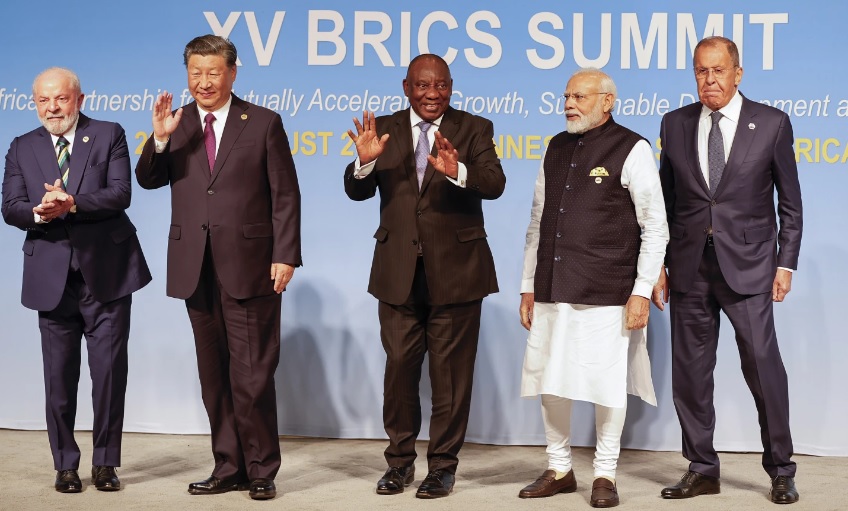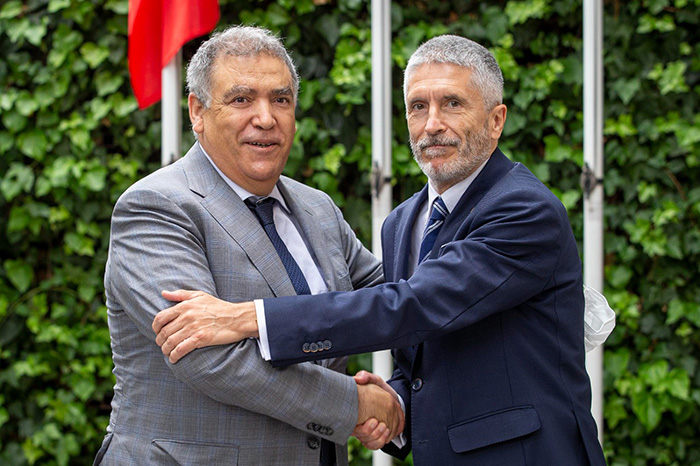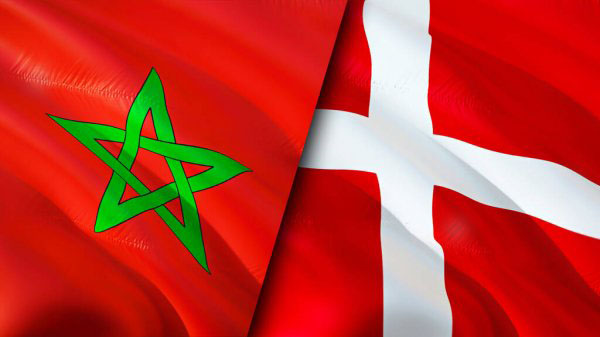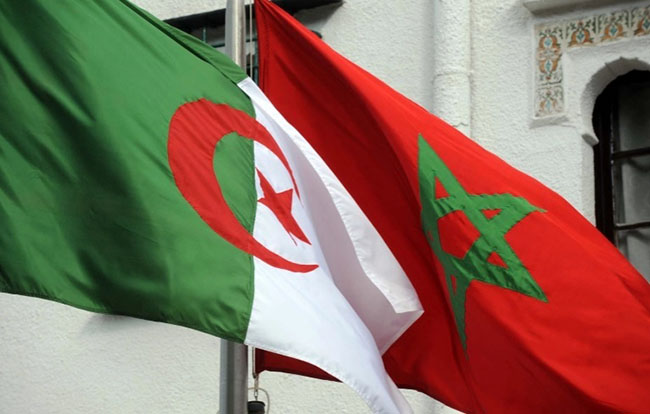The leaders of Brazil, Russia, India, China and South Africa held closed-door discussions Wednesday on the possible expansion of their BRICS economic bloc, a move they’ve framed as a way to amplify the voice of developing nations, but which also serves the geopolitical interests of Beijing and Moscow.
A decision on whether to accept new members had been expected late Wednesday, the second day of a three-day BRICS summit in Johannesburg. But officials said that was looking unlikely and a declaration might be made on Thursday.
Chinese President Xi Jinping, Brazilian President Luiz Inácio Lula da Silva, Indian Prime Minister Narendra Modi and South African President Cyril Ramaphosa met at a conference center in the Sandton financial district in South Africa’s biggest city.
Russian President Vladimir Putin, who did not travel to the summit after being issued an International Criminal Court arrest warrant, joined via video link from Moscow. Foreign Minister Sergey Lavrov was in Johannesburg to represent Russia.
South Africa’s Ramaphosa said all five leaders backed the principle of expansion.
“We stand at the cusp of expanding the BRICS family, because it is through this expansion that we will be able to have a much stronger BRICS in these turbulent times that we live in,” Ramaphosa said.
More than 20 countries have applied to join BRICS, which was formed by Brazil, Russia, India and China in 2009, and added South Africa in 2010.
Saudi Arabia is among the nations seeking membership, raising the possibility of the oil giant moving a little closer to China and Russia. Others who have applied include Argentina, Egypt, Ethiopia, Iran, Indonesia and the United Arab Emirates, according to officials.
Even if the BRICS leaders reach a consensus on expansion, it’s not clear if any new members would be announced at this week’s meeting.
The five must first thrash out details of the criteria new countries must meet to join the economic bloc. BRICS is consensus-based and decisions are only made if all five agree.
“We welcome moving forward on this based on consensus,” Indian leader Modi said, also giving his support to expansion.
While China and Russia have pushed for expansion, others have only given their approval more recently.
An expanded BRICS has been seen as a possible boost to China and Russia in forming a symbolic coalition amid growing China-United States friction and the collapse of Russia’s relationship with the West because of its war in Ukraine.
Summit host South Africa had been eager to keep the conversation on the issue of cooperation among countries in the developing world, but the gathering has been marked by anti-Western pronouncements from China and Russia on both of the first two days.
Putin used a 17-minute pre-recorded speech on the opening day to lambast the West over the financial sanctions placed on Russia as punishment for its invasion of Ukraine. On Wednesday, the Russian leader blamed the West for the war in a live speech via video call.
Chinese leader Xi said the world was being controlled by those with the “strongest muscles” and the “loudest voice” -- a reference to the U.S. and the West. But he also called for a “lowering of the temperature.”
The BRICS bloc has sometimes struggled to put into action any coherent policy with the disparate economic and political priorities of its members and the rivalry between China and India -- the developing world’s economic powerhouses.
The only other concrete policy that’s been raised in Johannesburg is a broad plan to move away from using the U.S. dollar for trade between BRICS nations in favor of local currencies.
The dominant dollar is one of a number of gripes in the developing world, where many also view international institutions like the U.N., the World Bank and the International Monetary Fund as not serving their interests. The BRICS countries have repeatedly spoken of creating a fairer world order and reforming global institutions, although with little substantive progress.
The group’s stated intention to move away from the world’s dominant currency won’t take down the dollar overnight. According to calculations by Federal Reserve researchers, 96% of trade in the Americas from 1999 to 2019 was invoiced in dollars, and 74% of trade in Asia. Everywhere else outside Europe, 79% of trade was done in dollars, underlining its status as the world’s de facto currency.
There’s also no clear BRICS consensus on a trade currency, so while Putin claimed that the “process of the de-dollarization of our economic times is gaining pace,” Ramaphosa said “further discussions need to take place, particularly amongst our finance ministers.”
Still, analysts maintain that the more than 20 countries applying to join BRICS and another 20 who have expressed interest should serve as some kind of wake-up call to the West.
“Whatever the achievements of the BRICS bloc ... its very existence and the queue of developing economies trying to join show a much broader unhappiness in the Global South with the current global order,” said Cobus van Staden of the China Global South Project, which tracks China’s engagement with developing countries.
On the sidelines of the summit, South Africa signed eight agreements with China’s state-owned electricity companies to address its energy crisis, which has seen Africa’s most advanced economy experiencing daily scheduled power outages across the country.
Source: AP






